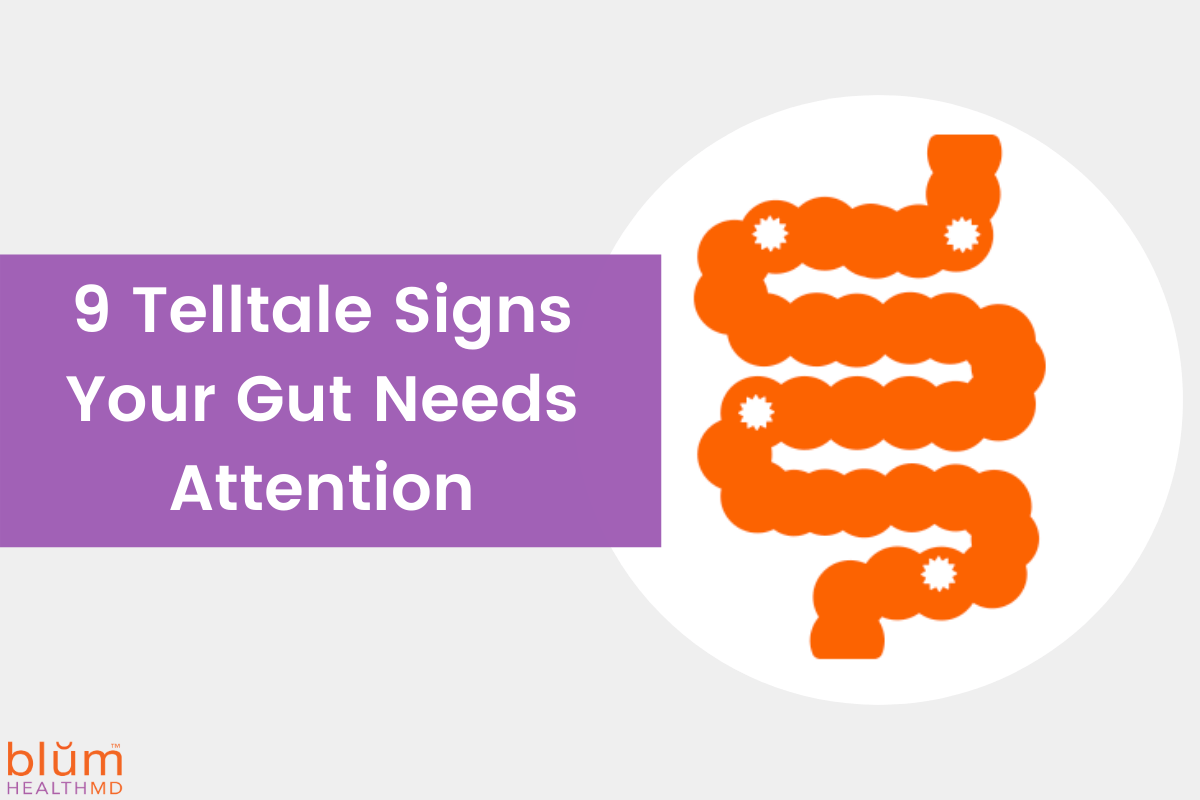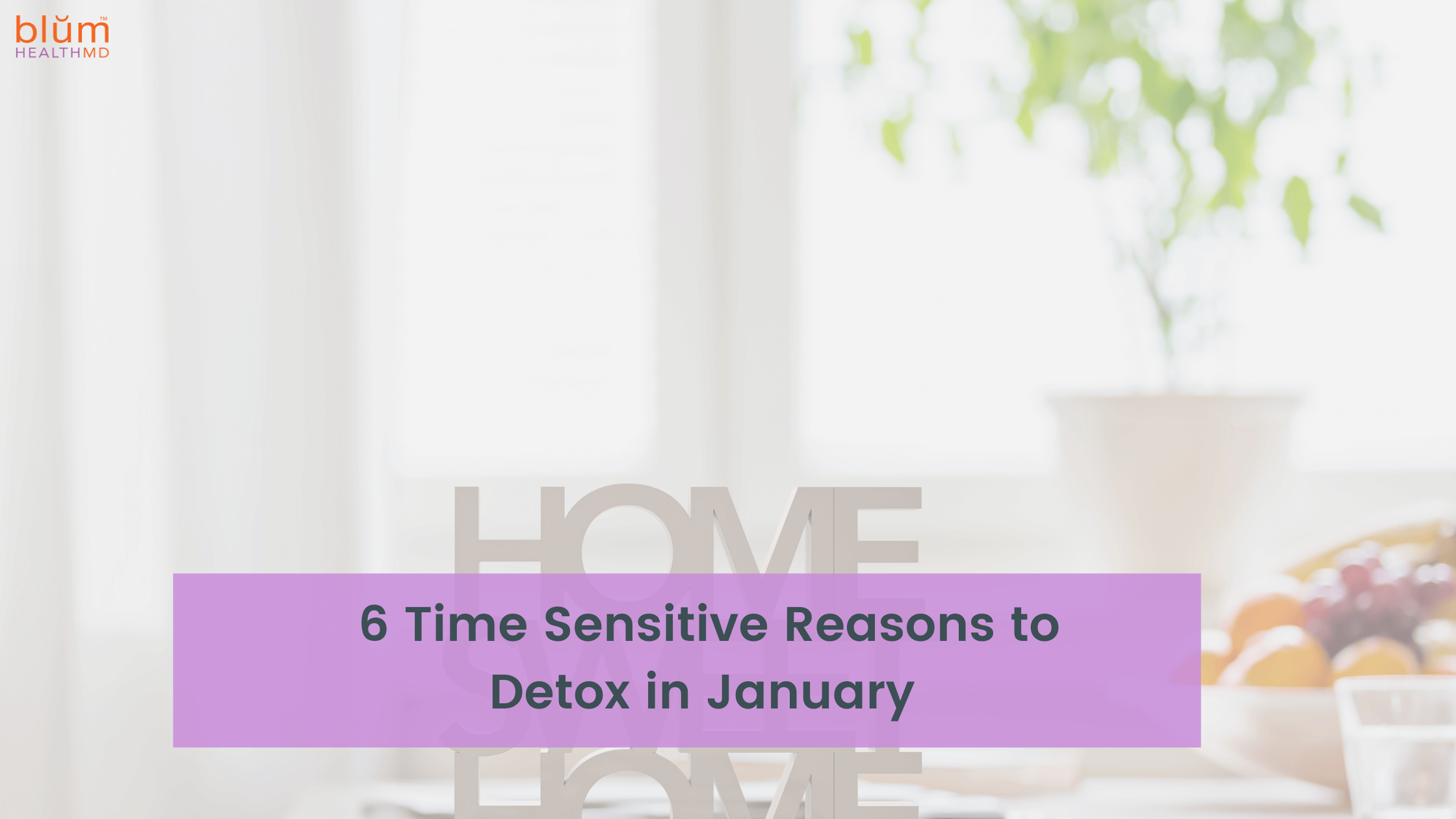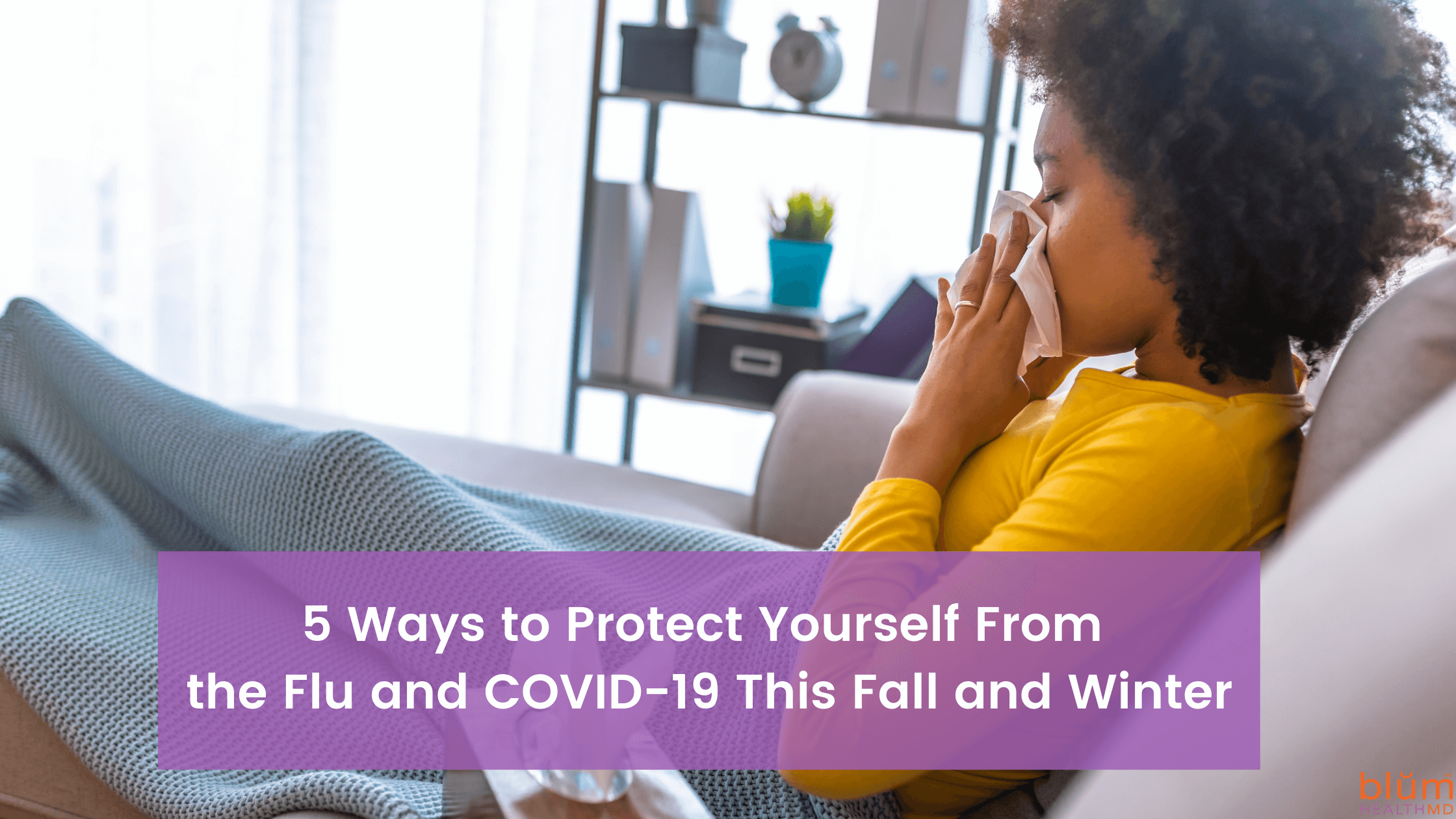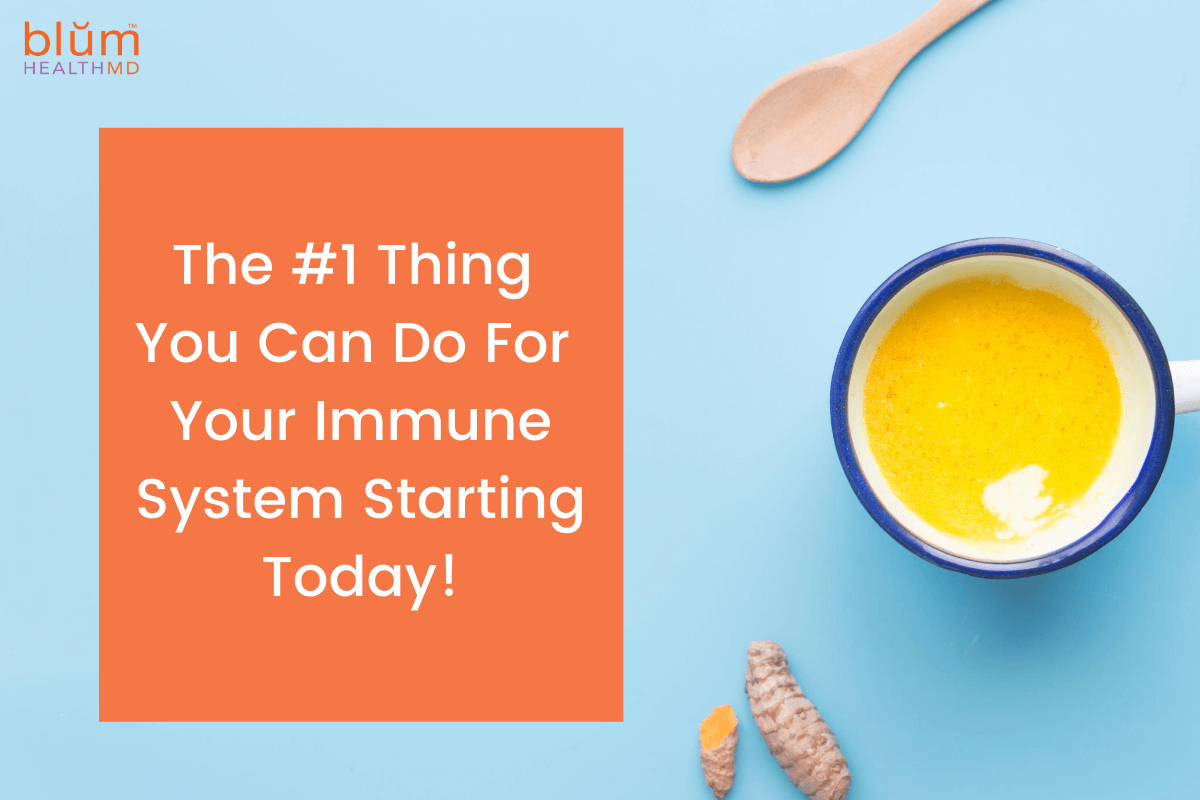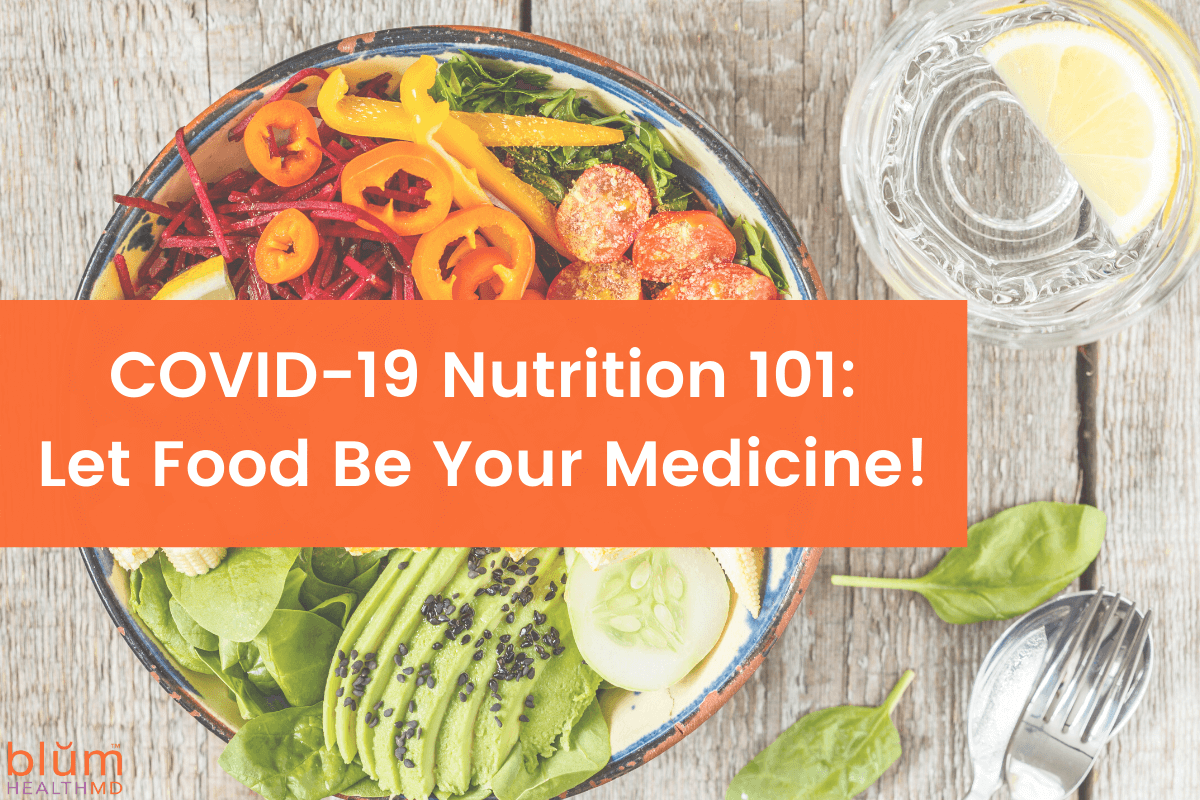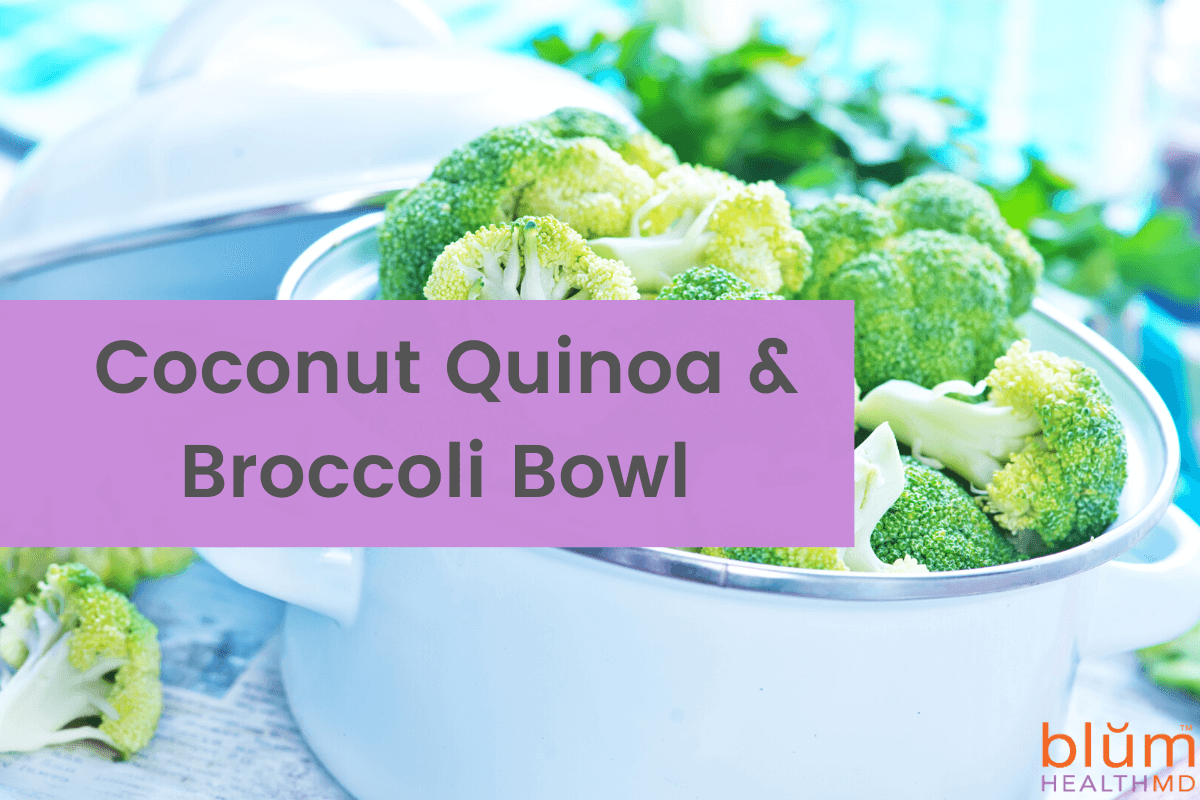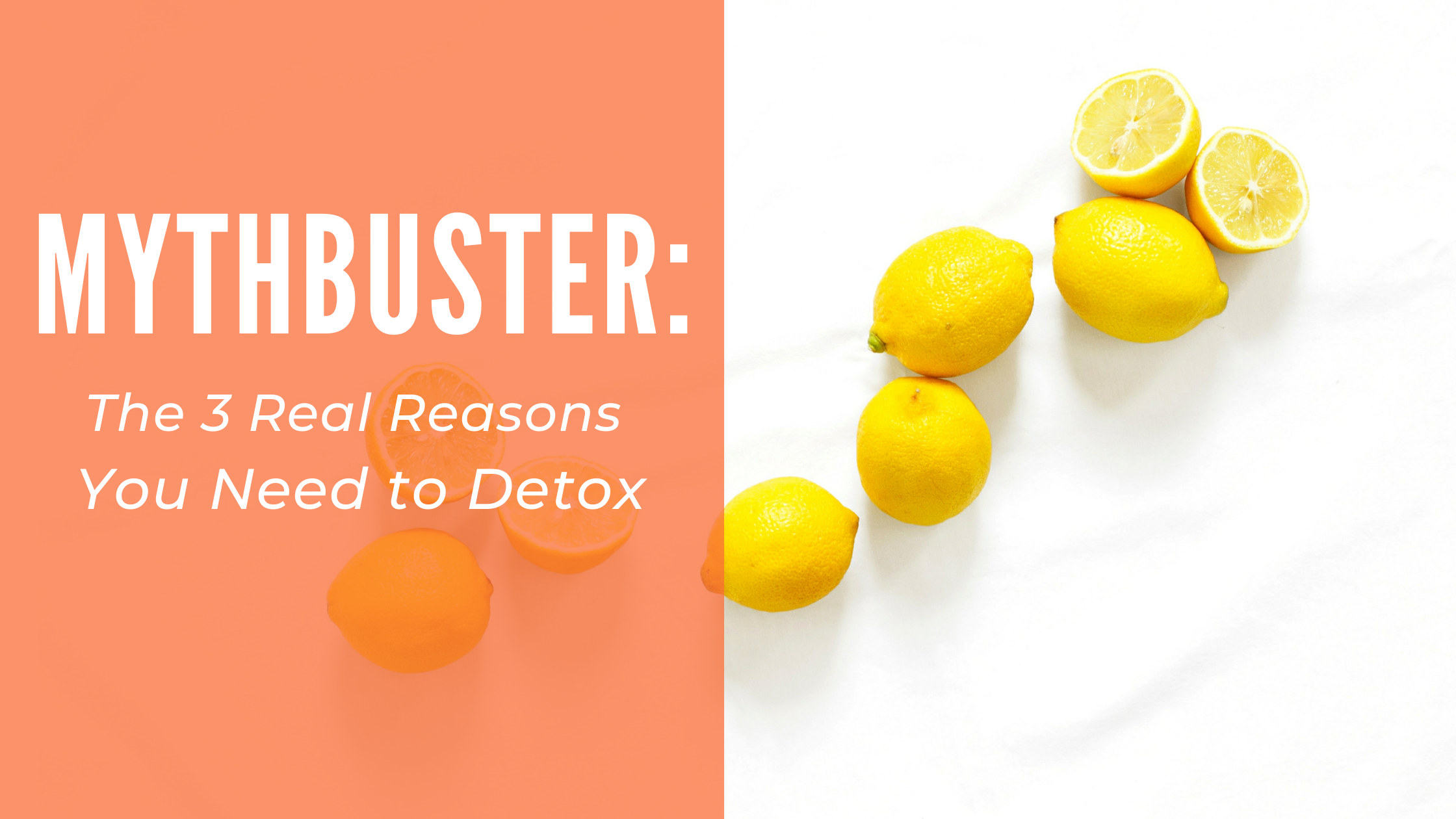
Here’s a marketing myth-buster: Your liver is an amazing organ that does a beautiful job filtering your blood, making toxins less harmful to the body and removing them from your bloodstream. You do not need to “detox your liver” as many health marketers would lead you to believe.
Here’s the truth: You are exposed to toxins daily, and those toxins accumulate in your fatty tissue (even in the brain!) and when your liver gets overburdened filtering these toxins, your body suffers. The purpose of our Spring Whole Life Detox is to release the toxins and support your liver to do the job it needs to do. You will feel better and brighter. Period.
Why detox now? Reason #1: We are making a shift from winter to spring. Coming out of winter most people tend to feel heavier, in their body but also emotionally and even spiritually. Detox helps bring vibrancy, positivity and better health by literally “lightening your load.”
Why detox now? Reason #2: We’ve been living through more than two years of a global pandemic. It has taken a toll — whether you’ve suffered with COVID-related illness, the chronic elevated stress and anxiety of living through the pandemic and the weariness that is plaguing just about everybody — you are left in need of a serious reboot.
Why detox now? Reason #3: Most people encounter many toxins every day and these toxins are undermining your health and you don’t realize it! Where do toxins come from? Here are some examples:
- chemicals in the air
- mercury in fish
- medications and bacteria in the water supply
- pesticides and herbicides in food
- hormones, antibiotics and herbicides in the animals we eat
- even plastics from water bottles
- And now let’s add hand sanitizers and antiviral cleaning chemicals to the list
Normally, your liver is in charge of helping rid the body of most toxins. Here’s what happens when your body becomes overburdened with too many toxins for your liver to handle:
- Your immune system becomes compromised and your liver uses up your glutathione supply, not to mention many other nutrients, to process these toxins out. (FYI Glutathione is the mother of all detoxifying antioxidants, and helps prevent damage to your cells).
- Next, you get run down and become susceptible to infections and are at risk for developing disease, including viruses, like COVID.
- And if that’s not enough, your fat cells do a great job of storing toxins (ewww!) which results in excess weight.
Supporting your liver with targeted nutrients so that it can do an amazing job lowering your toxin load is what detox is all about! And then you feel better! And the best way to begin is to focus on eating lots of liver loving food.
This is the perfect time to give your body the nourishment it needs to support its innate ability to regenerate and thrive. To help you feel like you again.
If you’re like me, you might be feeling any of the following symptoms: sluggish, lack of clarity, chronic headaches, poor sleep, constipation, undesired weight gain. If you do, your body is yelling out to you…it’s time to detox!
Lastly, Detoxing is also about lifestyle — from what you eat (and don’t eat) to chemicals found in your home, hydration, sleep and self-care. It is synergistic, working together to reduce your toxin load. And, in our upcoming Whole Life Detox spring reboot, I’ll be showing you the how and the why.
If you’re ready to jump into summer full of energy and optimism, feeling lighter in your body, consider joining me for our 14-Day Whole Life Detox. Two LIVE workshops, a private Facebook Group, all the materials and supplements you need plus me at your side every step of the way. We begin soon! Learn More
Meet Melissa: Melissa Rapoport is the Manager of Health Coaching and Lifestyle Programming at Blum Center for Health in Rye Brook, NY. She combines her graduate work in Developmental Psychology with her education in nutrition, health and coaching to create highly individualized programs that result in lifetime change. A contributing author to three international bestselling books, Melissa’s greatest joy is her relationship with her two daughters. To learn more about Melissa’s coaching practice at Blum Center for Health, click here.



